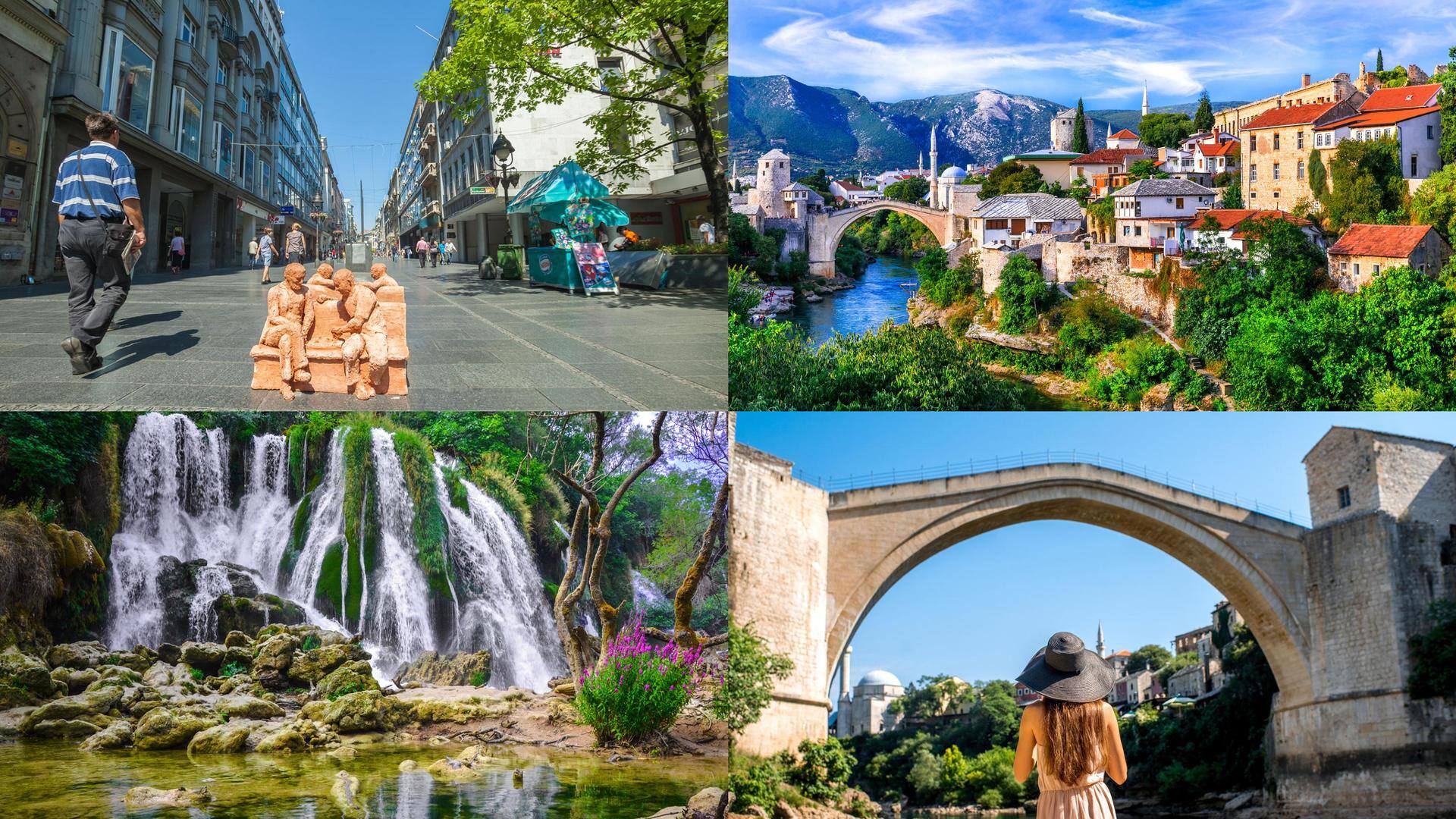
Avoid these tourist mistakes in Bosnia and Herzegovina
What's the story
Bosnia and Herzegovina is a beautiful country with stunning mountains and picturesque old towns. Yet some people are unaware of this hidden gem, and think it's still a war zone. Travel and tourism are thriving in this country, and it is pretty safe to visit. However, there are a few cultural faux pas to keep in mind when visiting this place.
Cold wind
Don't open two windows simultaneously
In Bosnia and Herzegovina, it is believed that opening doors and windows, or two windows at the same time can create a draft or airflow known as "propuh" or "promaja." Locals believe this cold draft of air poses serious health risks such as colds, headaches, and muscle pain. While its scientific validity is debatable, it is still a common cultural belief among locals.
War
Don't talk about the war
Approach discussions about the war in Bosnia and Herzegovina (1992-1995) with caution as it can be a sensitive topic for many. The war resulted in significant trauma and loss, and individuals may hold different perspectives on the events. Each person may have their own version of the truth, even among the same nationality. So, it is better to completely avoid talking about the war.
Identity
Don't call people from Herzegovina Bosnians or vice versa
Be mindful of the regional differences and sensitivities in Bosnia and Herzegovina to avoid causing any offense or misunderstanding. While Herzegovina is a region within Bosnia and Herzegovina, some people from this region may identify more strongly with their regional identity than with their national identity. The same can be true for people from Bosnia or any other regions within Bosnia and Herzegovina.
Ethnicity
Don't ask locals about their ethnicity
The country's complex history and ethnicity have played a significant role in its social and political landscape. So it is understandable that some people may be hesitant to share this information. It is best to avoid asking about a local's ethnicity unless it is relevant to the conversation and the other person has permitted you to do so.
Political culture
Avoid equating their culture to post-communist Eastern European countries
While Bosnia and Herzegovina was a part of the former Yugoslavia and had a similar political and economic system to other Eastern European countries during the communist era, the country has its own distinct history and traditions that must be respected. Bosnia and Herzegovina is a diverse country that reflects its multi-ethnic population and complex history, including influences from the Ottoman and Austro-Hungarian Empires.